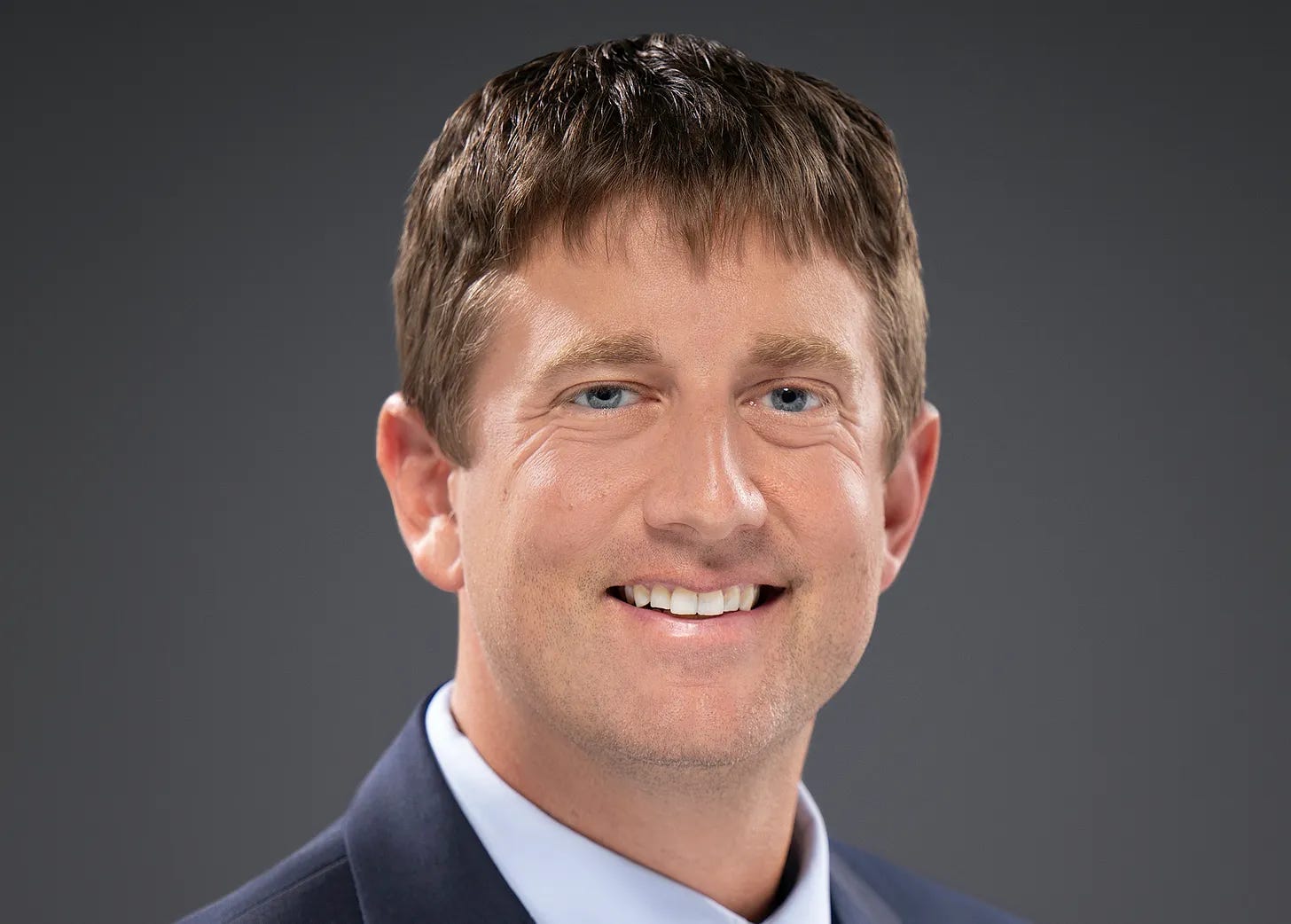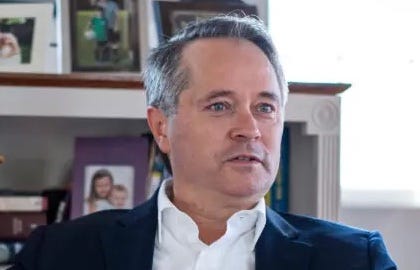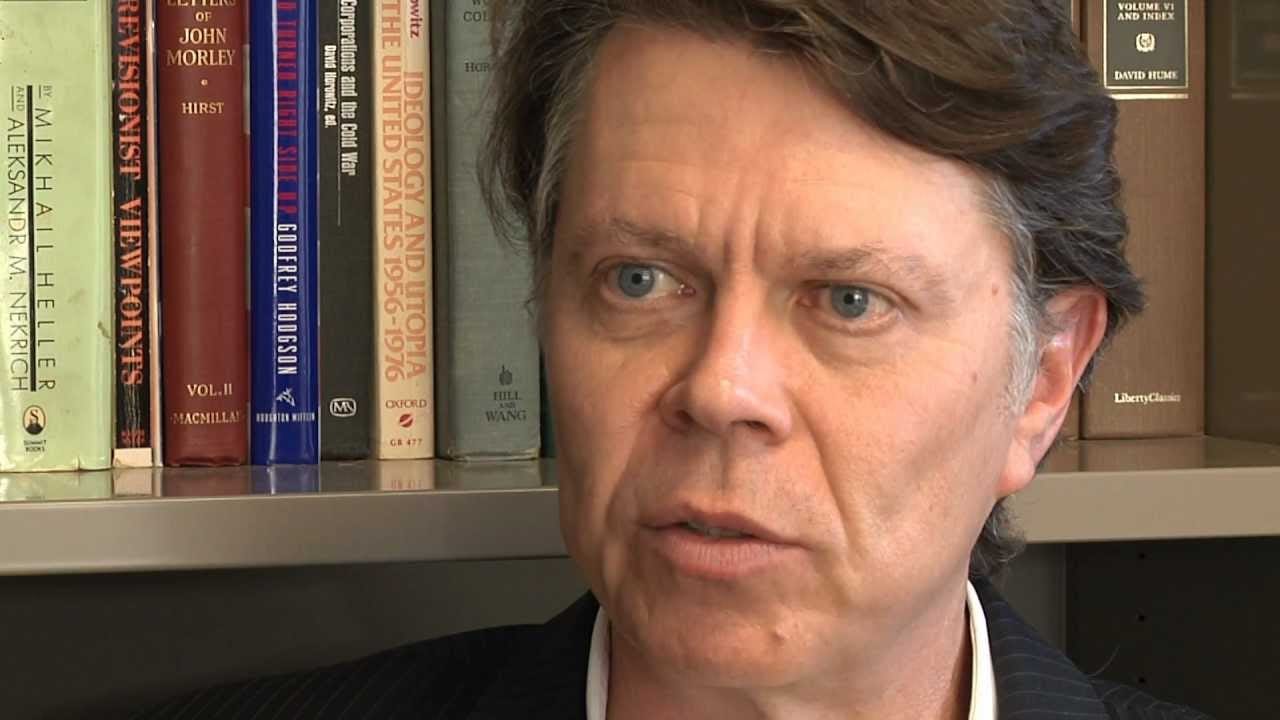New course
FreeCons offer bold policies on budgeting, regs, and health care
After a dramatic election in which voters gave Republicans a trifecta in Washington and control of most state governments around the country, the focus has begun to shift from campaigning to governing.
What policies will the new Trump administration pursue to boost growth, curtail federal borrowing, and reduce the cost of food, housing, education, health care, and other necessities?
How will a Republican-led Congress full of avowed fiscal conservatives respond to the president-elect’s stated intention to raise import taxes (otherwise known as tariffs) by executive action?
How can conservative governors, state legislators, and local officials make their communities safer, more dynamic, and more affordable?
Signatories to the Freedom Conservatism Statement of Principles have offered answers to these and other critical policy questions. Here are some examples.
Paul Winfree is president and CEO of the Economic Policy Innovation Center (EPIC) and a FreeCon signatory.
A former Senate Budget Committee staffer and top executive at the Heritage Foundation, Winfree served in the first Trump White House as Deputy Assistant to the President for Domestic Policy, Deputy Director of the Domestic Policy Council, and Director of Budget Policy.
Among other works, he‘s the author of The History (and Future) of the Budget Process in the United States: Budget by Fire.
In National Review, Winfree spotlighted one program the incoming administration would be wise to shut down: a rogue agency created by the Biden team to regulate artificial intelligence.
“We need a regulatory approach to AI that is transparent, accountable, and reflective of the broad public interest — not one driven by tech oligarchs and ivory-tower academics,” he wrote.
Take on fraud
One of the nation’s top health policy experts, Brian Blase, served as special assistant to President Trump for economic policy from 2017 to 2019.
During previous stints on Capitol Hill, Blase staffed the Senate Republican Policy Committee and the House Committee on Oversight and Government Reform.
Blase, a FreeCon signatory, now leads the Paragon Policy Institute. In a New York Times interview, he said a top priority for the new administration should be to curtail the fraudulent practice of brokers enrolling Americans in Affordable Care Act plans without their knowledge.
“The Biden administration enabled that fraud, and new policies and management must end that wasteful spending,” Mr. Blase told the Times.
Another Trump administration alumnus, Vance Ginn, served as associate director for economic policy at the U.S. Office of Management and Budget.
A FreeCon signatory, Ginn is the founder and president of Ginn Economic Consulting and host of the “Let People Prosper Show.”
In a RealClearHealth essay, Ginn and coauthor Deane Waldman urged health-care policymakers to stop diverting tax dollars away patient care.
“Last year, federal spending on the healthcare system in America was $4.8 trillion,” they wrote. As much as 50% of this “went to pay for BARRCOME: bureaucracy, administration, rules, regulations, compliance, oversight, mandates, and enforcement. Thus, Washington diverted $1.5 tr to $2.4 tr from paying for Americans’ medical care to paying...itself.”
Serve taxpayers
John Hart is the CEO of OpenTheBooks, a transparency organization committed to making every dime of government spending accessible to the public. He’s also a FreeCon signatory.
Hart previously served as a top aide to former U.S. Sen. Tom Coburn as well as former representatives Steve Largent and Jim DeMint. He’s appeared on Fox News, MSNBC, CNN, PBS, and other networks and written for Politico, Forbes, RealClearPolitics, National Review, and The Hill.
In the New York Post, Hart wrote that Trump’s appointment of Elon Musk and Vivek Ramaswamy to lead a government-efficiency initiative could pay big dividends for taxpayers — if the administration is courageous enough to champion major reforms.
“Musk and Ramaswamy’s plans to crowdsource wasteful spending nominations, keep a leaderboard of worst waste offenses, and offer ‘maximum transparency’ as they work, are all in keeping with Coburn’s legacy — and the mission of Open the Books,” he argued.
“Streamlining government isn’t anti-government; it’s an essential way to serve taxpayers by improving the quality of services.”
FreeCon signatory David Mastio — a columnist for McClatchy newspapers who formerly worked for USA Today, The Washington Times, the Washington Examiner, and the Detroit News — points to the U.S. Department of Education as one failed federal enterprise worthy of serious scrutiny.
“Consider the government’s own test, the National Assessment of Educational Progress given to 9- 13- and 17-year-olds,” Mastio wrote in the Kansas City Star. “Reading scores in 2024 are the same as they were in 1980. Math scores have risen from 219 in the late 1970s to 234 today, a rise of about 1% a decade.
“Every single number I have cited is from the Biden administration’s own Department of Education — you know, the people who think we should keep the Department of Education because they work there.”
Smothering taxes
Donald J. Boudreaux is a Senior Fellow with the F. A. Hayek Program for Advanced Study in Philosophy, Politics, and Economics at the Mercatus Center at George Mason University.
A FreeCon signatory, Boudreaux coauthored a Wall Street Journal piece with former U.S. Sen. Phil Gramm arguing that if Trump goes forward with his tariff plans, it could “smother” the positive effects of other fiscal and regulatory policies he favors.
“Researchers estimate that 10% across-the-board tariffs would shave a full percentage point off U.S. GDP growth,” they wrote. “An additional 0.8% of GDP would be lost from the 60% duty on Chinese imports, raising the yearly cost per household of the tariffs to almost $4,000.”
“The burden of the tariff would be regressive, too, considering lower-income households spend a larger share of their income on consumer goods.”
Decide the rule
What role should monetary policy play during a second Trump term? Alexander Salter, associate professor of economics at Texas Tech University and a FreeCon signatory, discussed that topic in a recent Washington Examiner piece.
Salter and coauthor Daniel J. Smith argued that rather than focusing on the kinds of people Trump might appoint to the Federal Reserve, policymakers should change the system itself to combat future inflation.
“To restore democratic accountability, we need Congress to put binding monetary rules on the Fed,” they wrote.
“Who runs the Fed matters much less than what it does. When it comes to central banking, good personnel don’t yield good policy. Only by instituting a strict rule can we put money mischief behind us for good.”





